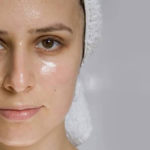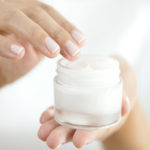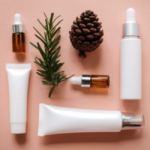Wearing a face mask regularly helps prevent the spread of Covid-19, but it can pose negative effects on your skin. The constant friction of the mask’s material can irritate your skin, and the buildup of dirt and makeup can lead to breakouts, rashes, and itchiness.
Here are 7 new habits you need to incorporate into your daily routine to help your skin breathe easier under a face mask.
1. Go bare-faced as much as possible

Wearing makeup under your mask is quite similar to sleeping in your makeup. The layers of makeup underneath the mask can clog your pores and create unwanted blemishes on your skin. Opt to go bare-faced or wear very minimal makeup. Instead, make it a habit to moisturize your skin.
2. Use a gentle cleanser

Wearing a face mask regularly traps dirt and pollution on your face. Therefore, cleansing your face is an important step in your skincare routine to remove dirt and impurities, allowing your pores to breathe.
You should opt for a gentle cleanser suitable for sensitive skin and wash your face in the morning and at night.
3. Hydrate your skin

Well-hydrated skin can help combat the skin concerns that arise from wearing face masks regularly. Drink plenty of water and use face mists to keep your skin hydrated.
4. Use extra-moisturizing products
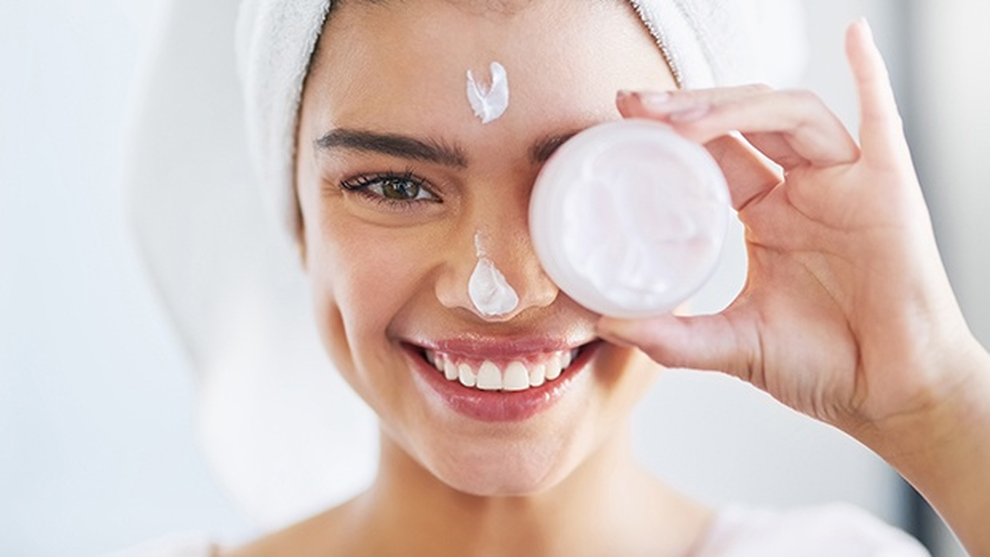
Dry skin is a common concern as the weather transitions into the colder months. This is worsened by having a cloth mask constantly rubbing against your skin. If your regular moisturizer is not cutting it, switch to one with a richer formula, or add a few drops of a face oil to your current moisturizer.
5. Protect your lips
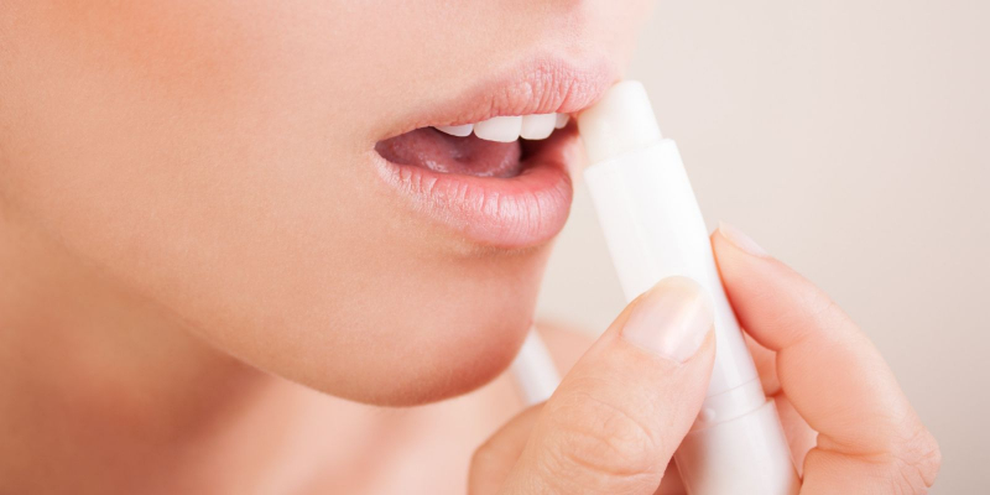
Similar to your face, your lips can become dry and chapped due to the constant friction of the mask. You can prevent this by applying lip balm more frequently.
6. Choose your mask material wisely
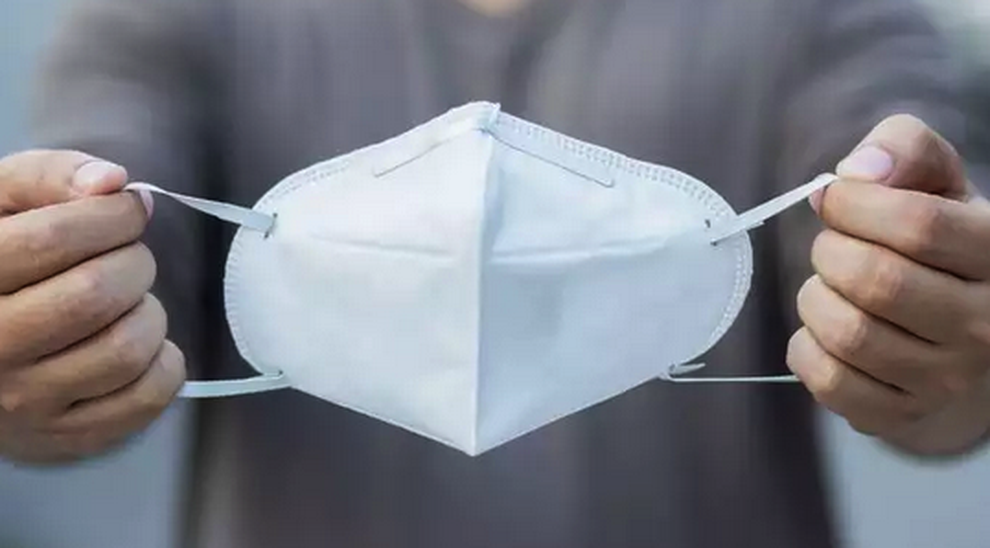
Avoid using face masks made of synthetic materials like nylon or polyester, as they can be more likely to irritate your skin and cause breakouts. Masks made of natural fibers like cotton are more breathable and less likely to cause allergic reactions.
7. Wash your mask regularly
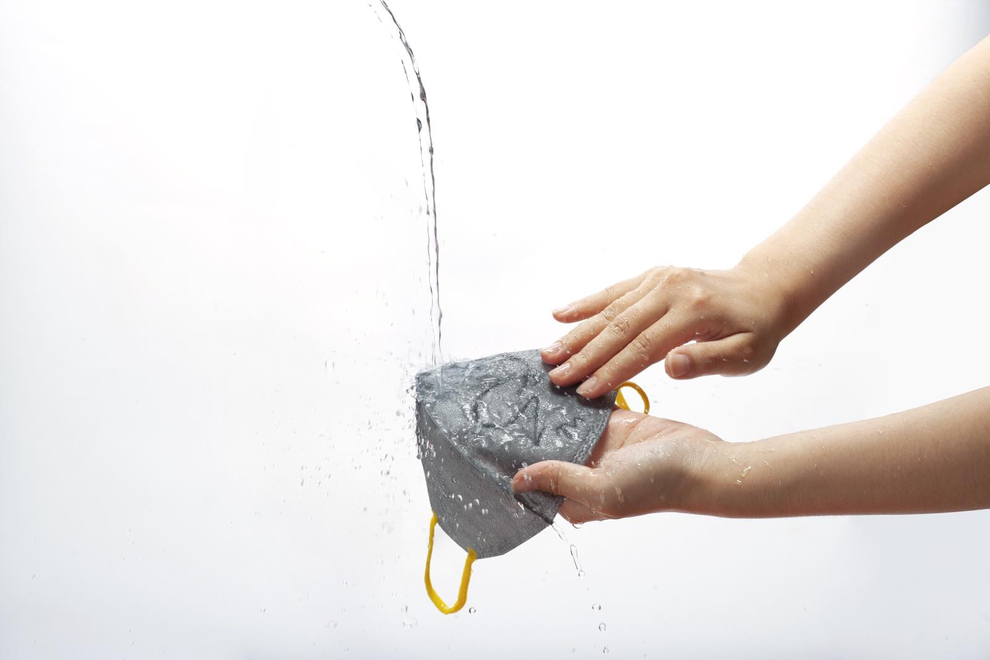
If you’re using a cloth mask, you should wash it after every use to remove bacteria, oil, and dead skin cells. Use hot water to wash your mask, and avoid using fabric softeners.
- Go bare-faced or minimize makeup: Avoid wearing makeup under your mask as it can clog pores. Instead, moisturize your skin.
- Use a gentle cleanser: Cleanse your face twice a day with a gentle cleanser suitable for sensitive skin to remove dirt and impurities.
- Hydrate your skin: Drink plenty of water and use facial mists to keep your skin hydrated.
- Opt for extra-moisturizing products: During colder months or if your skin is particularly dry, switch to a richer moisturizer or add a few drops of face oil to your current one.
- Protect your lips: Apply lip balm frequently to prevent dry, chapped lips caused by the friction of the mask.
- Choose natural mask materials: Select masks made from natural fibers like cotton, which are breathable and less likely to irritate your skin.
- Wash your mask regularly: If using a cloth mask, wash it after each use with hot water to remove bacteria and impurities.


























